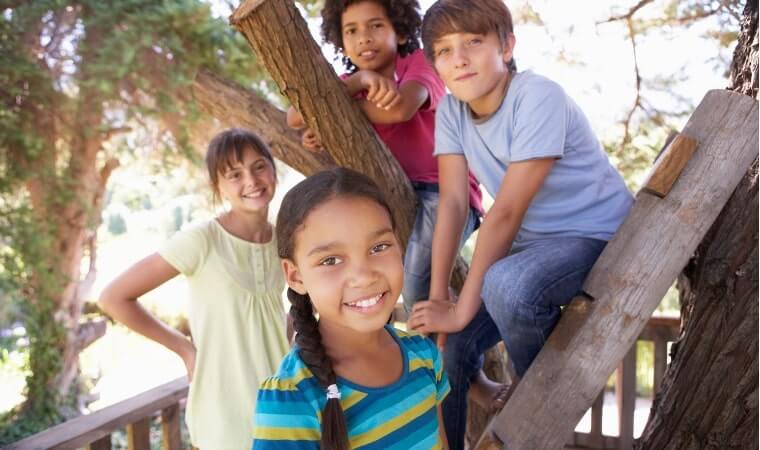The human species, like all other species, exists because of its ability to reproduce. During the fertile years, men and women feel the urge to engage in sexual union, which is necessary to produce offspring.
When I was much younger, my friends and I would joke about feeling “horny.” I sometimes reflect on how important sexual desire is. Without it, probably people wouldn’t want to have sexual intercourse, no children would be born, and soon the human species would be extinct.
Little kids may be curious about gender differences, but children don’t feel sexual urges until after puberty, a milestone in their development that causes reproductive organs to mature. Then, at the age of about 12 years (plus or minus) they start thinking about the opposite sex in a new way. Boys become keenly interested in girls, and girls are attracted to boys. But in a way, it’s like a cruel, cosmic joke: They feel a strong desire to have sex without fully understanding their feelings and many years before they’ll be able to raise a child.
Maybe this situation worked fine 30,000 years ago, but in the modern world it creates problems. In recent years, statistics have shown a decline in teen pregancies. Even so, confused about their feelings, naive about relationships, and influenced by the teen culture, kids still have sex and in the U.S., hundreds of thousands of teen girls become pregnant every year, with no plan or intention of raising the child.
When this classic consequence happens, it’s a tragedy in the making, and families try to make the best of it.
No loving parent would want this to happen to their child. And yet, sexual health and relationships are complex matters, and few parents feel confident about talking about it. There’s so much kids need to learn: how reproduction works, contraception, sexually transmitted infections, responsibility, consent, and pornography. Girls and boys tend to approach relationships differently, and they think about romance and sex differently. It’s amazing what these young human beings who have the capability to reproduce don’t know.
I had two parents, a mom and a dad, and they both loved me. I’ll tell you about my sex education. One evening I was in my room reading when my mom appeared in my doorway. “You know about sex, don’t you?” she asked. I was completely surprised and embarrassed by the question. “Yeah,” I said. She smiled and walked away. That was it. The subject never came up again. My high school didn’t have a sex education program. So even though I felt a healthy sexual desire, I remained completely ignorant about sex for a long time. The good news: Even though I knew nothing about protection, none of the girls I had sex with got pregnant. I’ve had my share of good luck in my life, and that ranks way up there.
I know most “if only” thinking is futile, because we can’t go back in time and redo our young lives. But I sometimes reflect on how helpful it would have been to be knowledgeable about sex as a teenager. The solution is information and education.
One of my colleagues, Cath Hakanson, makes helping parents talk to their kids about sex her mission in life. She believes that kids need to be told certain things at different stages of growing up, and her many support materials are creative and effective. She recently published an immensely helpful article: “How to Talk to Kids about Sex.” To learn more about Cath’s work, this is a great place to start.
Educating your child about sex is one of your most daunting responsibilities. But you can do it. And Cath can help.

